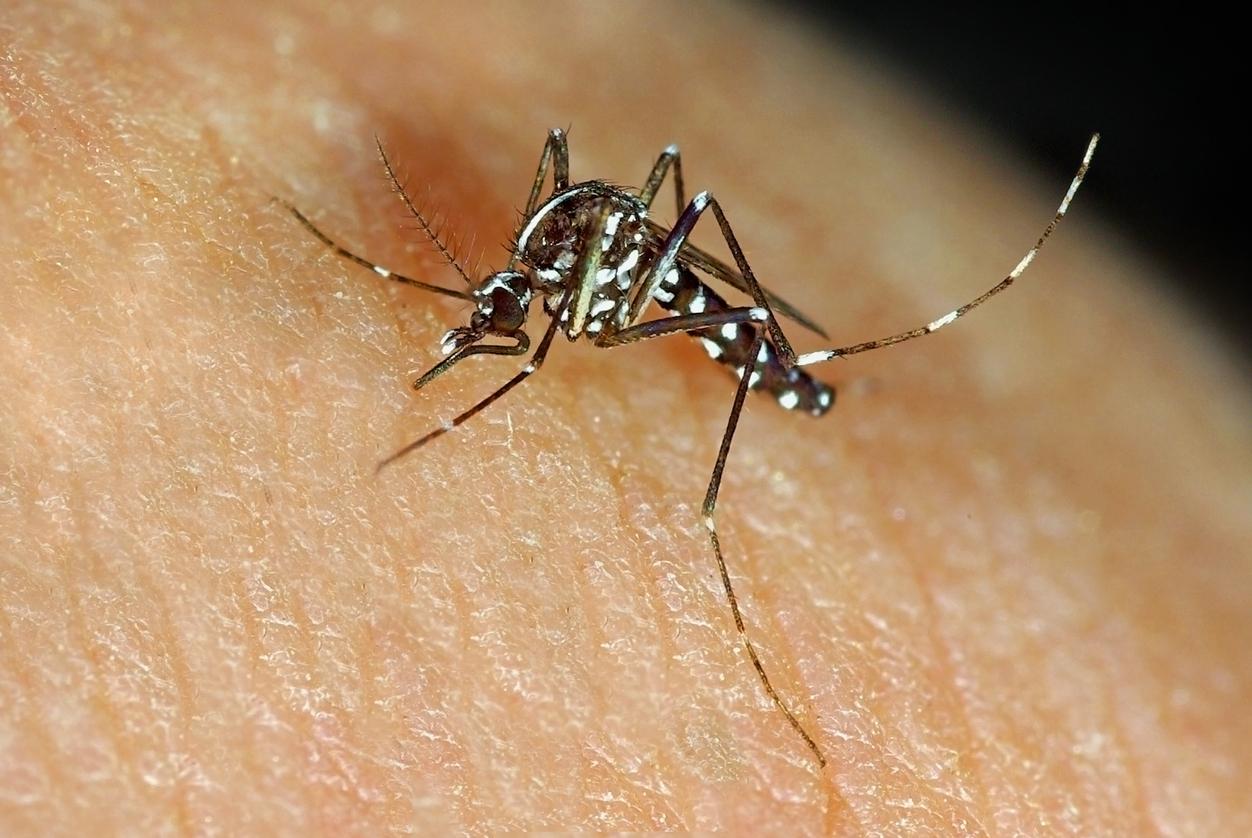The French Agency for the Safety of Health Products has therefore published the list of 77 drugs placed under “enhanced surveillance” by the authorities. Clearly, a list of drugs whose risks will be re-studied. At the end of these studies, some may be withdrawn from the market if necessary. But, as Didier Houssin, the Director General of Health, points out, “this is not a blacklist, nor a list of drugs to avoid”. The drugs on this list will be monitored “either because they are new or because we fear that they will have unexpected effects“.
Should we stop taking them?
Especially not ! There is no question of giving in to any panic and stopping your treatment without talking to the doctor who prescribed it, especially if you have a chronic condition. If you have any doubts, or notice any side effects, take advice from them, but never stop your treatment on your own.
And the Di-Antalvic in all this?
The gradual withdrawal of this painkiller which contains DXP (dextropropoxyphene) had already been announced in June 2009. It was the European Medicines Agency which recommended the gradual withdrawal of this painkiller because, in some English-speaking countries. Saxons, where the drug is not sold in blister packs as in France, but in a bottle, it has caused numerous intoxications, involuntary (overdoses) or voluntary (suicides). Di-Antalvic will therefore disappear from pharmacies in a month. Same punishment for Propofan, which also contains dextropropoxyphene, and for the generics of these drugs.
Are there other drugs on the spot?
The benefit / risk ratio of 5 drugs are currently being studied, Dr Anne Castot, director of the risk monitoring department at Afssaps, told Le Figaro. These are hexaquine (a drug against cramps which induces the risk of allergic reactions), minocycline (an anti-acne antibiotic responsible for sometimes severe photosensitivity reactions), dronedarone (Multaq, an antiarrhythmic drug which we we were talking about last week), nitrofurantoin (a treatment for cystitis) and nimesulide (an anti-inflammatory with side effects for the liver and digestive system).
















